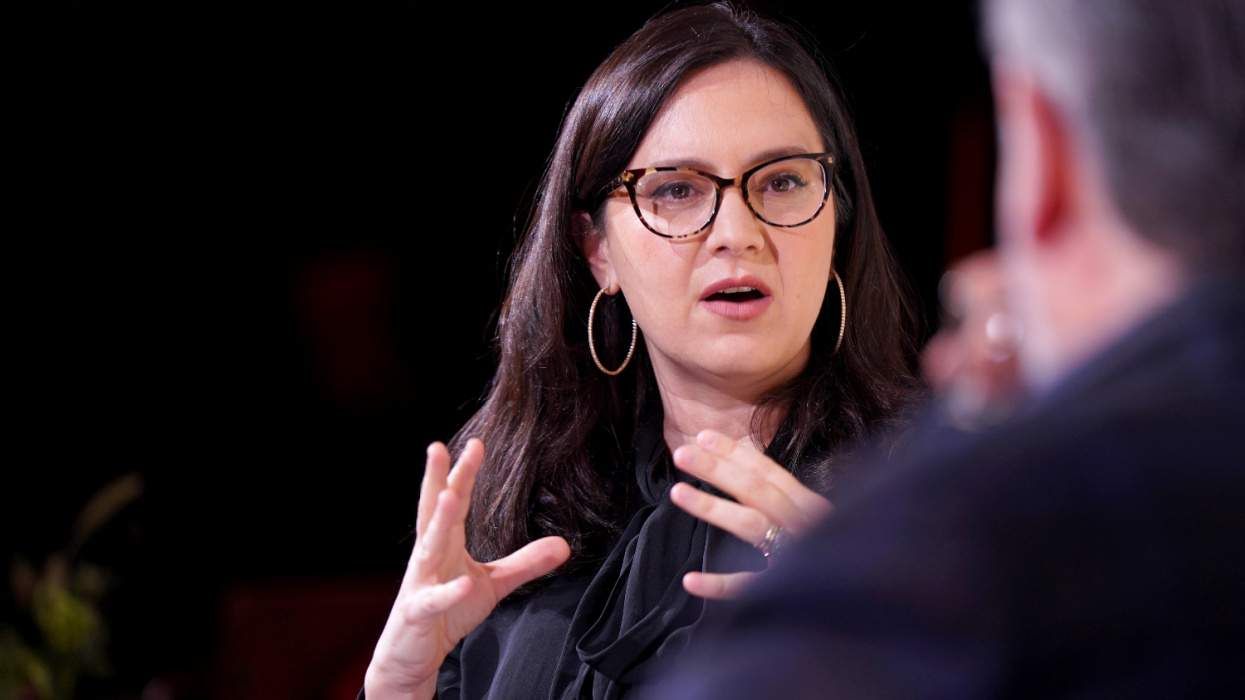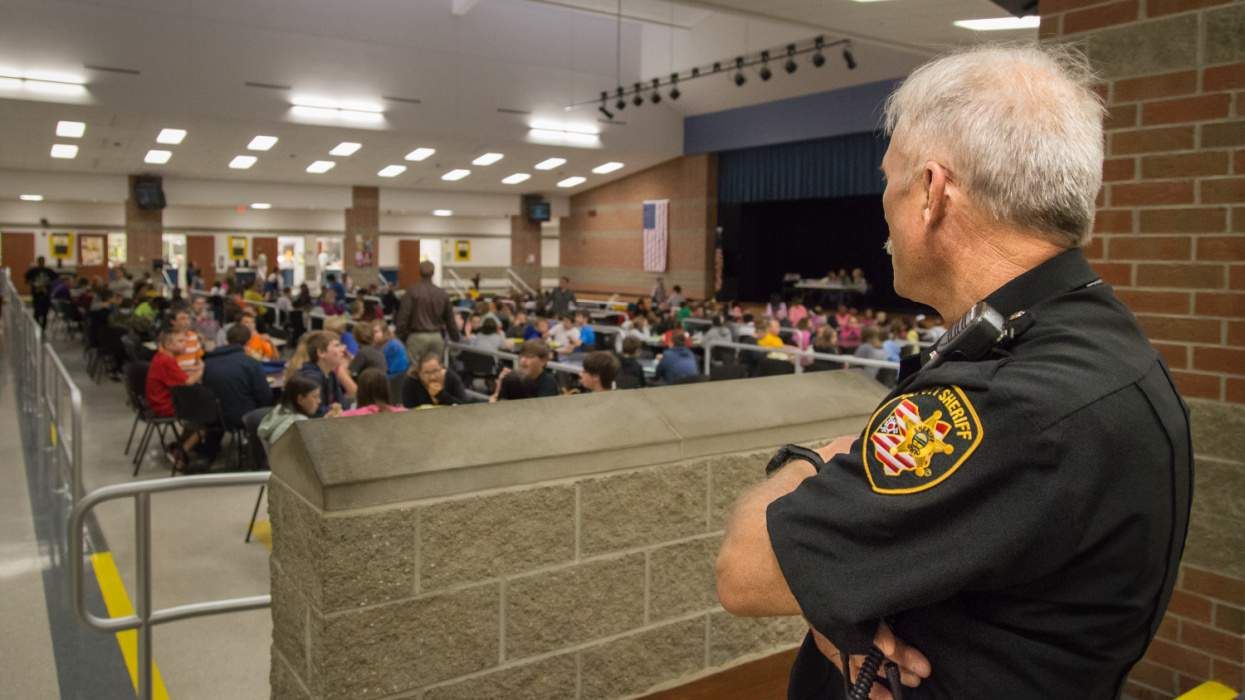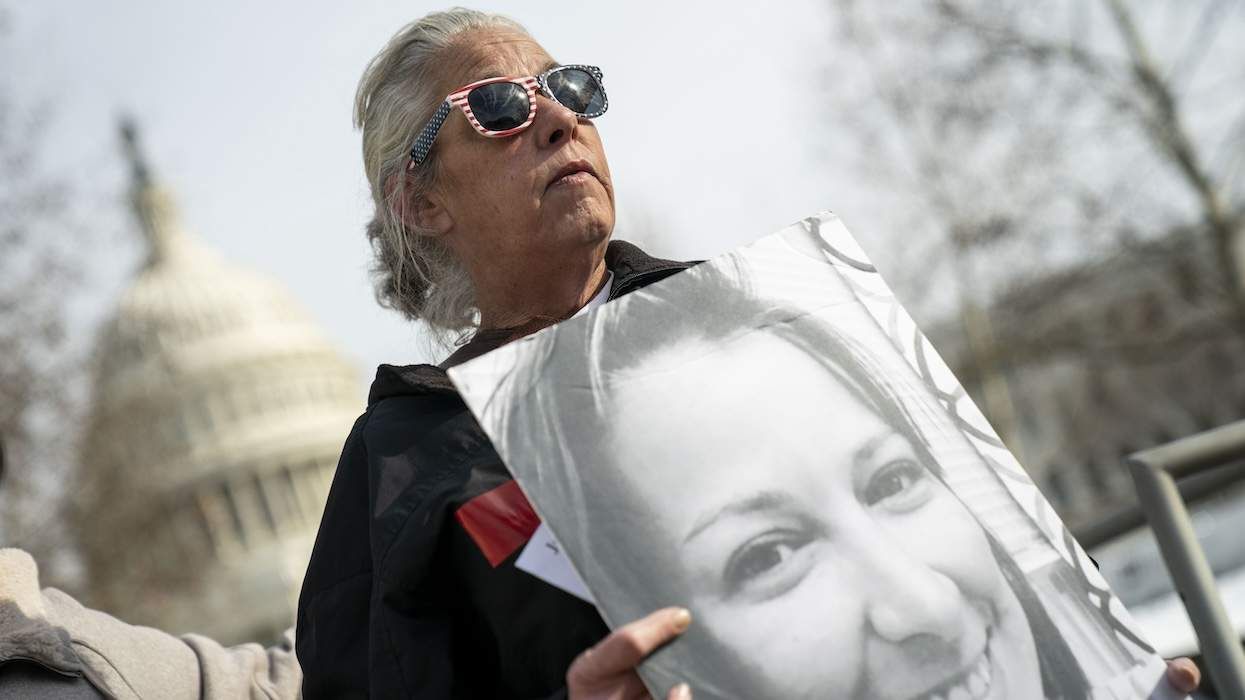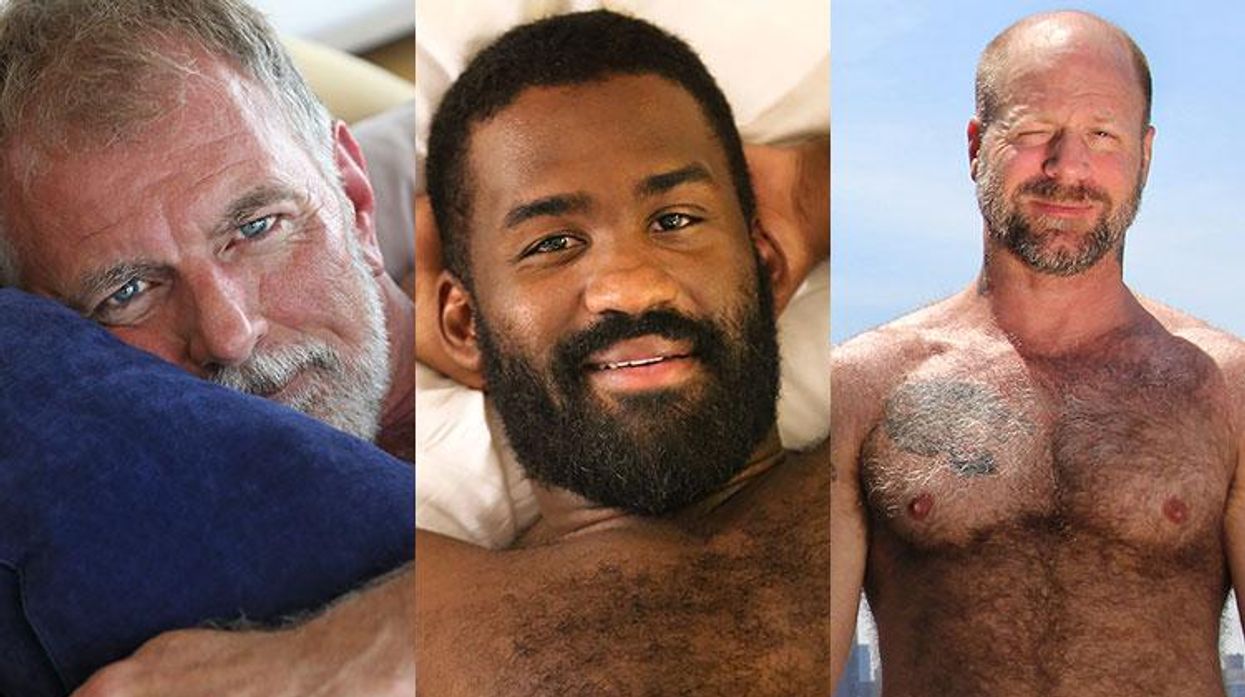Secretary of Transportation Pete Buttigieg, the first Senate-confirmed gay Cabinet member, has shared a warm remembrance of former President Jimmy Carter, who died Sunday at age 100.
Keep up with the latest in LGBTQ+ news and politics. Sign up for The Advocate's email newsletter.
“President Jimmy Carter’s leadership, intellect, and moral example ennobled our country, during and ever since his presidency,” Buttigieg wrote Sunday on Instagram.
“President and Mrs. Carter were also extraordinarily gracious and kind to Chasten and me, receiving us warmly at their home and making us feel like friends even as we sat amazed by their presence and grace,” he added, referring to his husband, Chasten Buttigieg. Rosalynn Carter, Jimmy Carter’s wife, died in November 2023, aged 96.
“There will not be another like President Carter, but his life and example will continue to make America and the world a better place for generations to come,” Pete Buttigieg’s post concluded.
Carter, a Democrat who had been governor of Georgia, served a single term as president, from 1977 to 1981. He lost the 1980 election to Republican Ronald Reagan amid economic problems and the Iran hostage crisis. With his work in international diplomacy and his volunteer efforts for Habitat for Humanity and others, Carter became known as the nation’s greatest ex-president.
He was an LGBTQ+ ally, becoming more so over the course of his life. When he was president, the White House hosted its first official meeting with gay and lesbian rights activists, with representatives of what was then called the National Gay Task Force talking with members of the administration. Carter was not present, but one of his top aides, Midge Costanza, organized the meeting.
Carter was a devout Christian but not a homophobic one. In 2005, he said Jesus Christ would approve of marriage equality, although Carter still said the issue should be decided state by state. By 2015, however, he was an outspoken supporter of national marriage equality. He also denounced anti-LGBTQ+ policies such as the military’s “don’t ask, don’t tell.”















